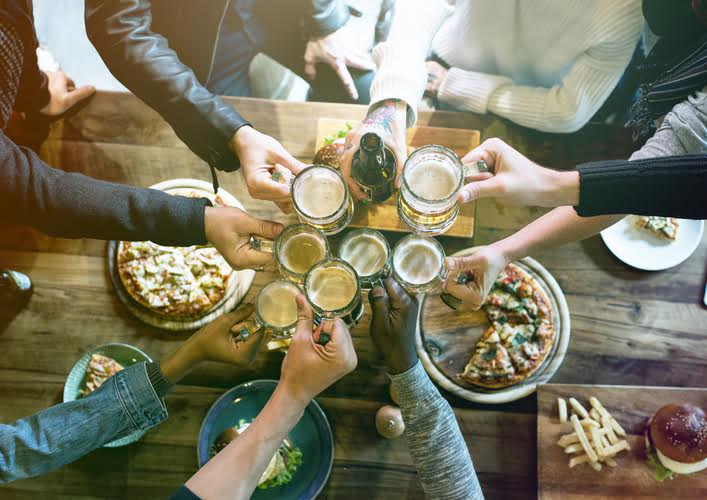While you don’t necessarily need to cut yourself off from friends and family who aren’t sober, the less you are put in tempting situations, the better chance you have of staying in recovery. Like-minded individuals will want to participate in activities https://ecosoberhouse.com/article/8-tips-on-ow-to-spend-holidays-sober/ that are healthy for you both. Effective management of internal triggers often involves learning new emotional regulations and coping strategies. These may include mindfulness practices, cognitive-behavioral techniques, and self-care routines.

But with the right support and resources, individuals can effectively navigate these challenges and continue on their path to recovery. Internal triggers, deeply intertwined with emotions and thoughts, play a crucial role in the process of recovery and the risk of relapse. These triggers often originate from within the individual and are closely related to their emotional state. Understanding and managing these triggers can significantly improve an individual’s recovery journey.
How to Cope With Triggers
Today, many online services offer an option to pay a monthly fee for ad-free streaming. This additional fee may be worth the energy it would otherwise take to cope with a triggering advertisement. When triggered, we often execute a mindless action to ease the negative sensation. internal and external triggers If you don’t already have a trusted therapist, you may want to meet with several before finding one you feel comfortable with who meets your needs. Therapy tends to take time, so having patience with yourself and the process can be essential to long-term success.
Substance abuse treatment aims to help individuals recognize the early warning signs of relapse and develop healthy coping skills to thwart a potential relapse. While holidays are a time of celebration for some, they may be a struggle for people in recovery. Family and friends often tempt those in recovery to consume alcohol because they are under the misconception that one deviation from the treatment plan will not be detrimental. We publish material that is researched, cited, edited and reviewed by licensed medical professionals. The information we provide is not intended to be a substitute for professional medical advice, diagnosis or treatment. It should not be used in place of the advice of your physician or other qualified healthcare providers.
Alcohol Use Disorder
Triggers vary widely from person to person and can be internal or external. In these cases, a trigger is anything that prompts an increase in or return of symptoms. Feeling triggered isn’t just about something rubbing you the wrong way. For someone with a history of trauma, being around anything that reminds them of a traumatic experience can make them feel like they’re experiencing the trauma all over again. Triggers refer to the experience of having an emotional reaction to a disturbing topic (such as violence or the mention of suicide) in the media or a social setting.
In addition, the more coping strategies you have, the more likely you will be able to prevent the development of unhealthy coping strategies, such as alcohol and drug use. You can do this process on your own, but working with a mental health professional can be helpful. Your therapist can help you figure out your triggers and come up with a plan for how to deal with your PTSD symptoms. Former drug or alcohol users are in denial during emotional relapse, but they do not have thoughts of using. They are ashamed of the last time they relapsed and may have developed negative behaviors to cope with their thoughts.
